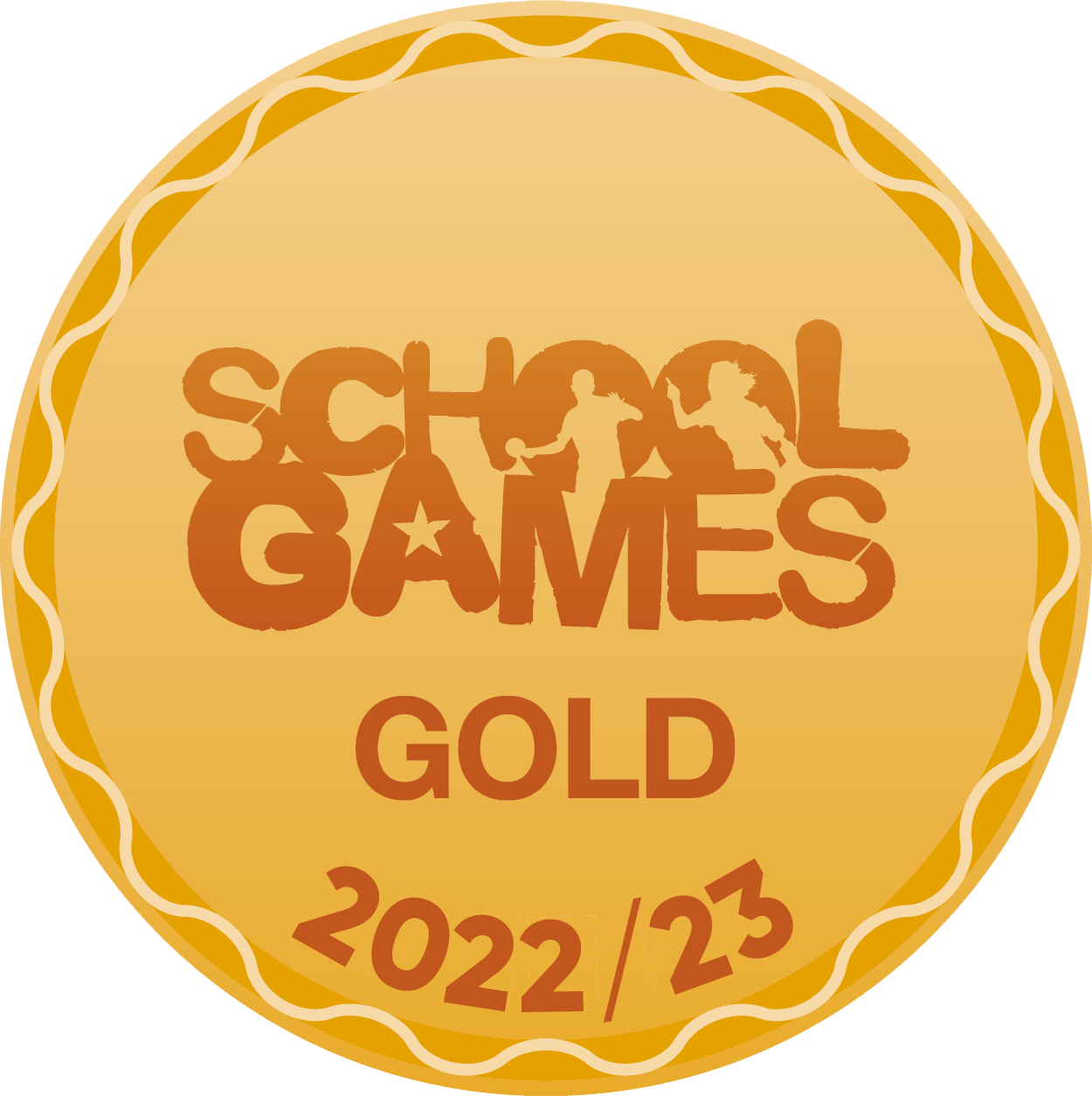About the Course
GCSE Food Preparation and Nutrition is an exciting and creative course, which focuses on practical cooking skills to ensure students develop a thorough understanding of nutrition, food provenance and the working characteristics of food materials. At its heart, this qualification focuses on nurturing student’s practical cookery skills to give them a strong understanding of nutrition.
Exam Board
AQA
Exam Paper 1: Food preparation and nutrition (50%) Written exam of 1¾ hours</p
Non Exam Assessment (NEA) Task 1: Food investigation (15%) Written report
Students’ understanding of the working characteristics, functional and chemical properties of ingredients. Students will submit a written report (1,500 – 2,000 words) including photographic evidence of the practical investigation.
Non Exam Assessment (NEA) Task 2: Food preparation assessment (35%) Written portfolio
Students’ knowledge skills and understanding in relation to the planning, preparation, cooking, presentation of food and application of nutrition related to the chosen task. Students will prepare, cook and present a final menu of three dishes within a single period of no more than three hours, planning in advance how this will be achieved.
Course Content
Food preparation skills are integrated into five core topics:
- Food, Nutrition and Health – Macronutrients, Micronutrients, Nutritional Needs and Health
- Food Science – Cooking of Food, Heat Transfer and the Functional and Chemical Properties of Food
- Food Safety – Food Spoilage, Contamination and the Principles of Food Safety
- Food Choice – Factors affecting Food Choice, British and International Cuisines, Sensory Evaluation, Food Labelling and Marketing
- Food Provenance – Environmental Impact and Sustainability of Food, Food Processing and Production
Beyond the Classroom
Studying food preparation and nutrition can lead to exciting and well-paid career options. Consumers are becoming increasingly reliant on the food industry to develop solutions for their nutritional needs. This course could lead you into roles such as Chef, Food Product Developer, Buyer (who travels the world sourcing new food products for manufacturers), Food Safety Inspector, Nutritionist, Dietician, Quality Manager, Teacher, Food Engineer, Food Scientist, Food Technologist, Food Photographer, Food Stylist, Home Economist, Hotel and Restaurant Manager, Microbiologist working in food magazines, radio and television.
The careers this subject could lead you to is :
- Catering Manager
- Craft Brewer
- Culinary Teacher
- Chef/Sous Chef
- Dietician
- Food Critic
- Food Scientist
- Food Production Manager
- Food Stylist
- Health Trainer
- Naturopath
- Nutritional Therapist
- Personal Trainer
- Restaurant Owner





